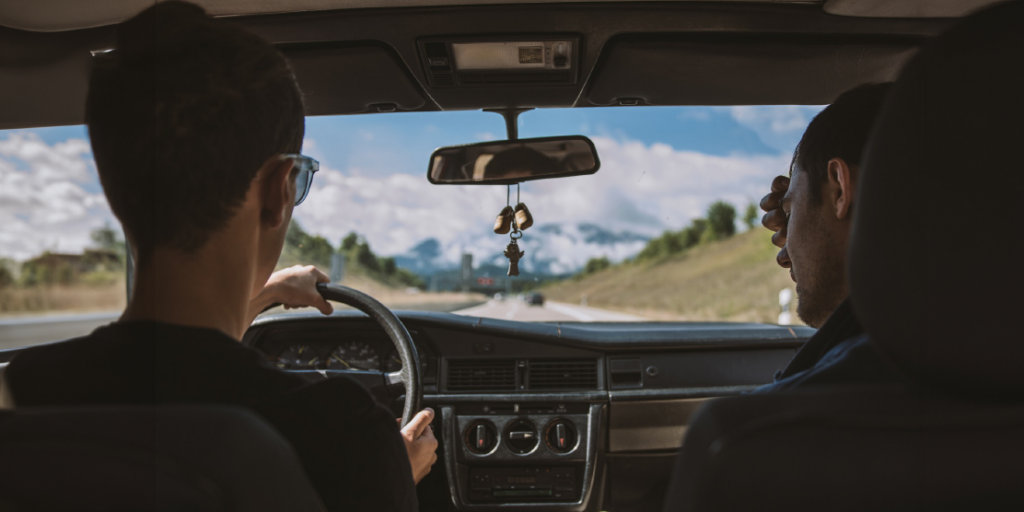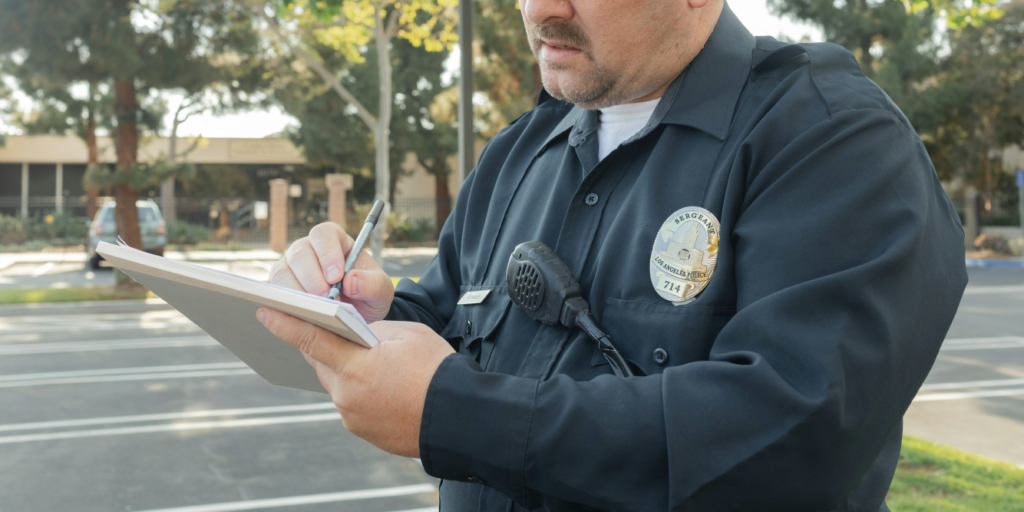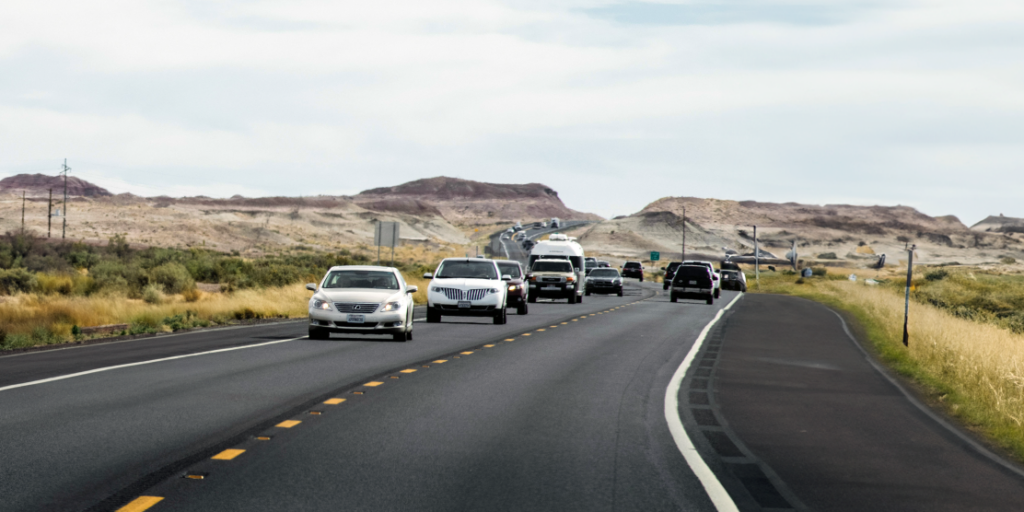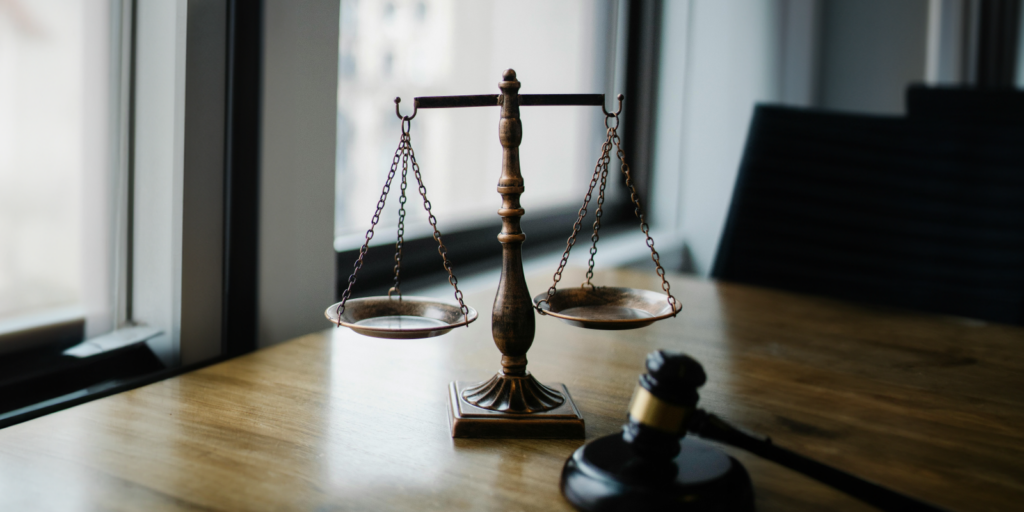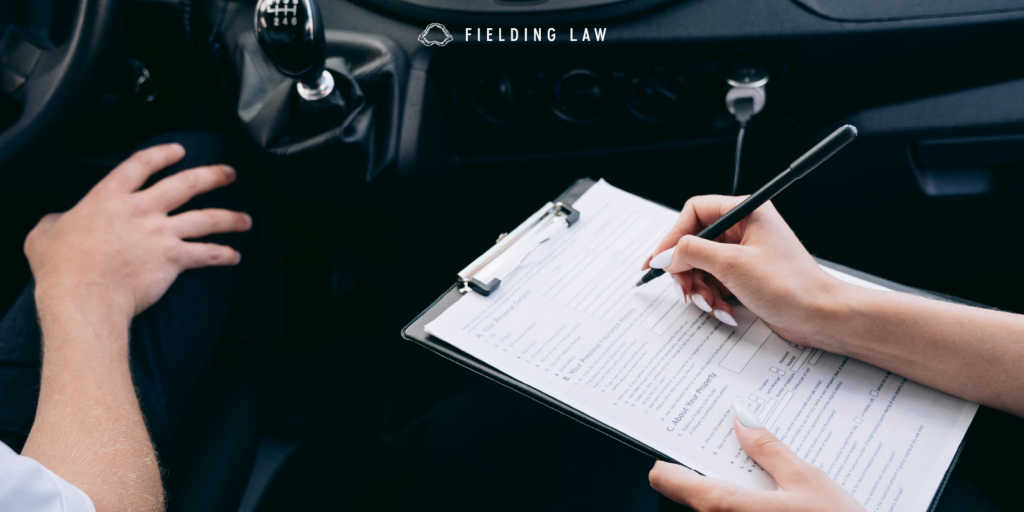
California’s Vehicle Insurance Requirements Updated
Starting January 1, 2025, California drivers must be aware of important updates to vehicle insurance requirements. These changes are designed to ensure better coverage for drivers and victims of accidents. If you drive in California, it is crucial to stay informed and comply with the new laws to avoid fines or penalties.
When Do You Need to Provide Proof of Insurance?
You must carry evidence of insurance in your vehicle at all times and provide it when:
- Requested by law enforcement: If pulled over, you must show proof of insurance. Failure to do so can result in fines or other legal issues.
- When renewing your vehicle registration: The DMV requires proof of insurance when you renew your vehicle registration to ensure that you are financially responsible for potential accidents.
- When involved in a traffic collision: If you are in an accident, you must provide your insurance information to the other party, law enforcement, and insurance providers, especially if you are at fault.
Types of Acceptable Insurance
California offers several ways to meet the state’s vehicle insurance requirements. The most common options are:
- Motor Vehicle Liability Insurance Policy: This is the most typical and affordable option. It covers damages you cause to other drivers, passengers, and property in the event of an accident.
- Cash Deposit with the DMV: If you do not have a traditional insurance policy, you can deposit $35,000 with the California Department of Motor Vehicles (DMV). This deposit acts as proof of financial responsibility.
- DMV-Issued Self-Insurance Certificate: For drivers with multiple vehicles, the DMV may issue a self-insurance certificate. This allows you to prove your financial responsibility without carrying traditional insurance.
- Surety Bond: A $35,000 surety bond issued by a licensed California company can serve as financial responsibility in place of a typical insurance policy.
Minimum Liability Insurance Requirements
California’s vehicle insurance requirements vary by vehicle type. Here are the minimum liability insurance amounts for private passenger vehicles, as outlined in California Insurance Code §11580.1b:
Prior Liability Insurance Minimums:
- $15,000 for injury or death to one person.
- $30,000 for injury or death to more than one person.
- $5,000 for property damage.
Liability insurance covers damages or injuries caused to others in an accident where you are at fault. It does not cover your own injuries or vehicle damage.
Effective January 1, 2025:
Senate Bill 1107 increases the minimum liability insurance requirements for private passenger vehicles:
- $30,000 for injury or death to one person.
- $60,000 for injury or death to more than one person.
- $15,000 for property damage.
These increased minimums reflect rising medical costs and property damage expenses, ensuring more adequate coverage in case of an accident.
Commercial and Fleet Vehicle Insurance
Commercial and fleet vehicles are subject to additional insurance requirements, which may be imposed by federal, state, or local agencies. If you operate a commercial vehicle or manage a fleet of vehicles, be sure to consult with the appropriate authorities to ensure that your vehicles meet all necessary insurance requirements.
What Happens If You Do Not Have Insurance?
Failing to maintain proper vehicle insurance can lead to significant consequences, such as:
- Fines and Penalties: If you are caught driving without insurance, you could face fines and other legal penalties.
- Suspension of Your Driver’s License or Vehicle Registration: Not having insurance may result in the suspension of your license or registration.
- Personal Liability in Accidents: If you are in an accident and do not have insurance, you may be personally liable for the damages, which could lead to serious financial hardship.
Why You Should Act Now
With the updated California’s vehicle insurance requirements coming into effect in 2025, it is essential to ensure that your insurance policy complies with the new minimums. Review your current policy or alternative options, such as a cash deposit or surety bond, to ensure you meet California’s financial responsibility standards.
If you need assistance understanding your coverage options or have been involved in an accident, Fielding Law is here to help. Our experienced attorneys can guide you through the legal process and help ensure you receive the compensation you deserve. Contact Fielding Law today at 833.88.SHARK for a free consultation.
Note: Information provided is for educational purposes and does not constitute legal advice. Always consult with a qualified attorney for legal concerns.

